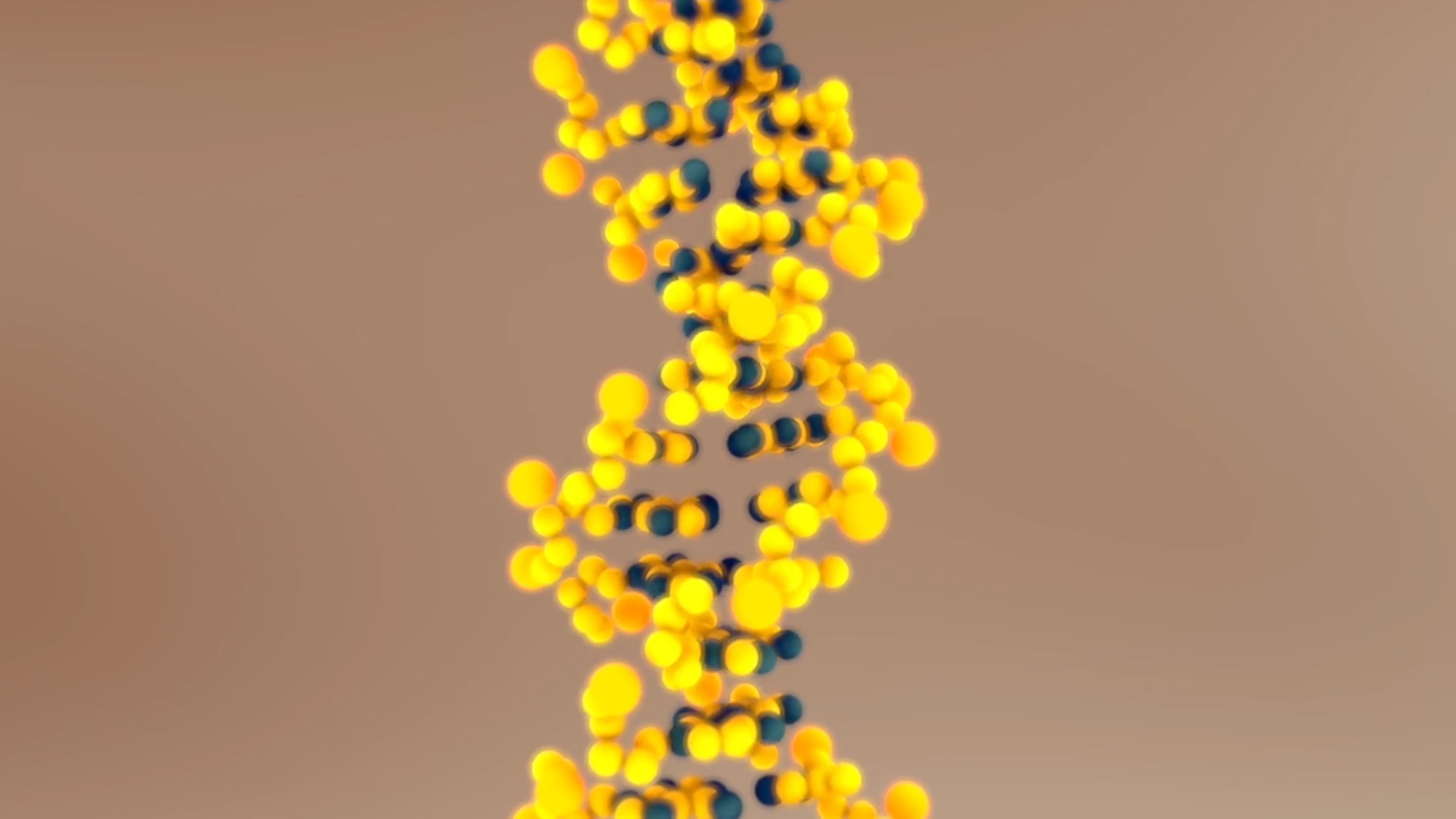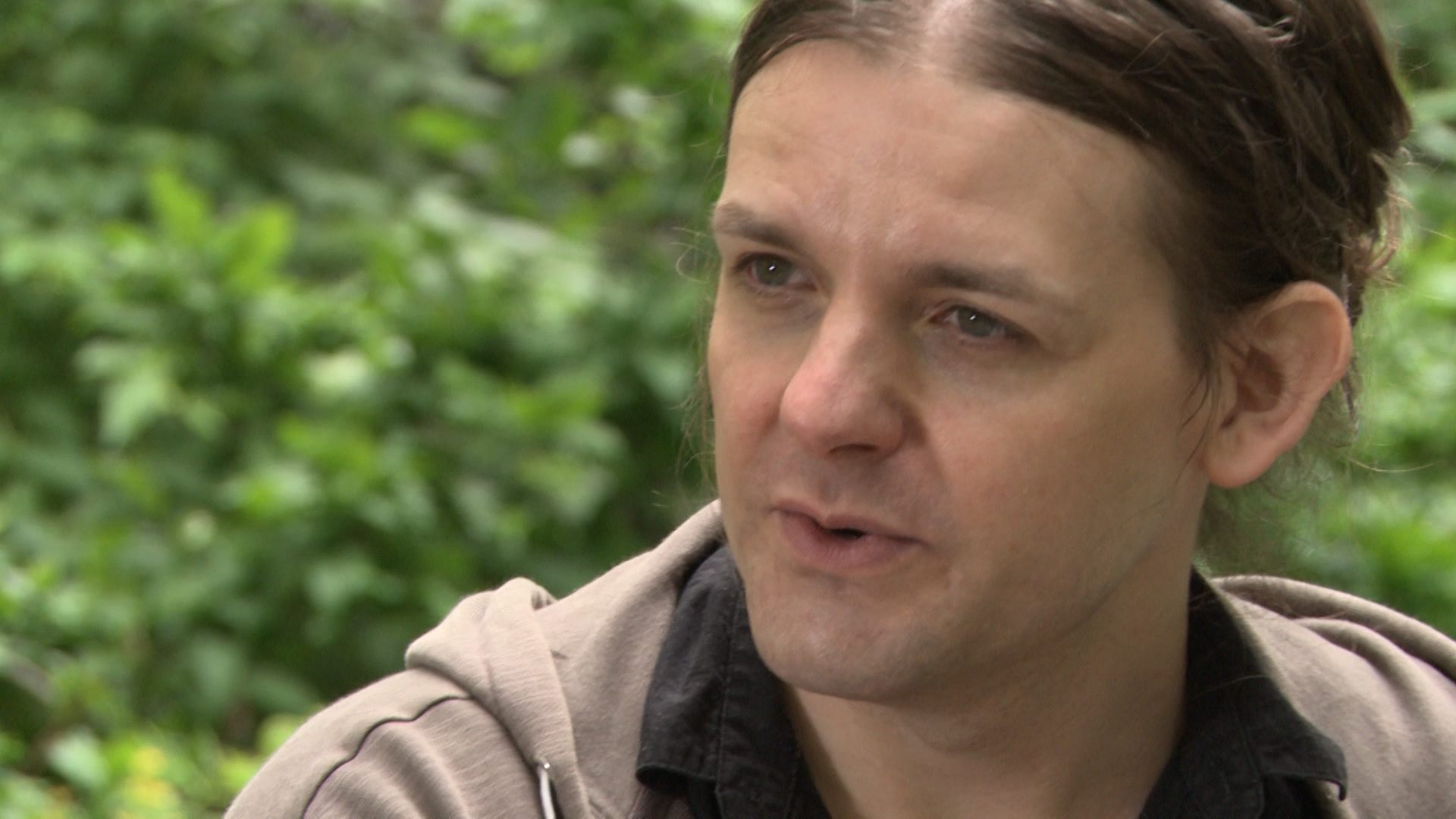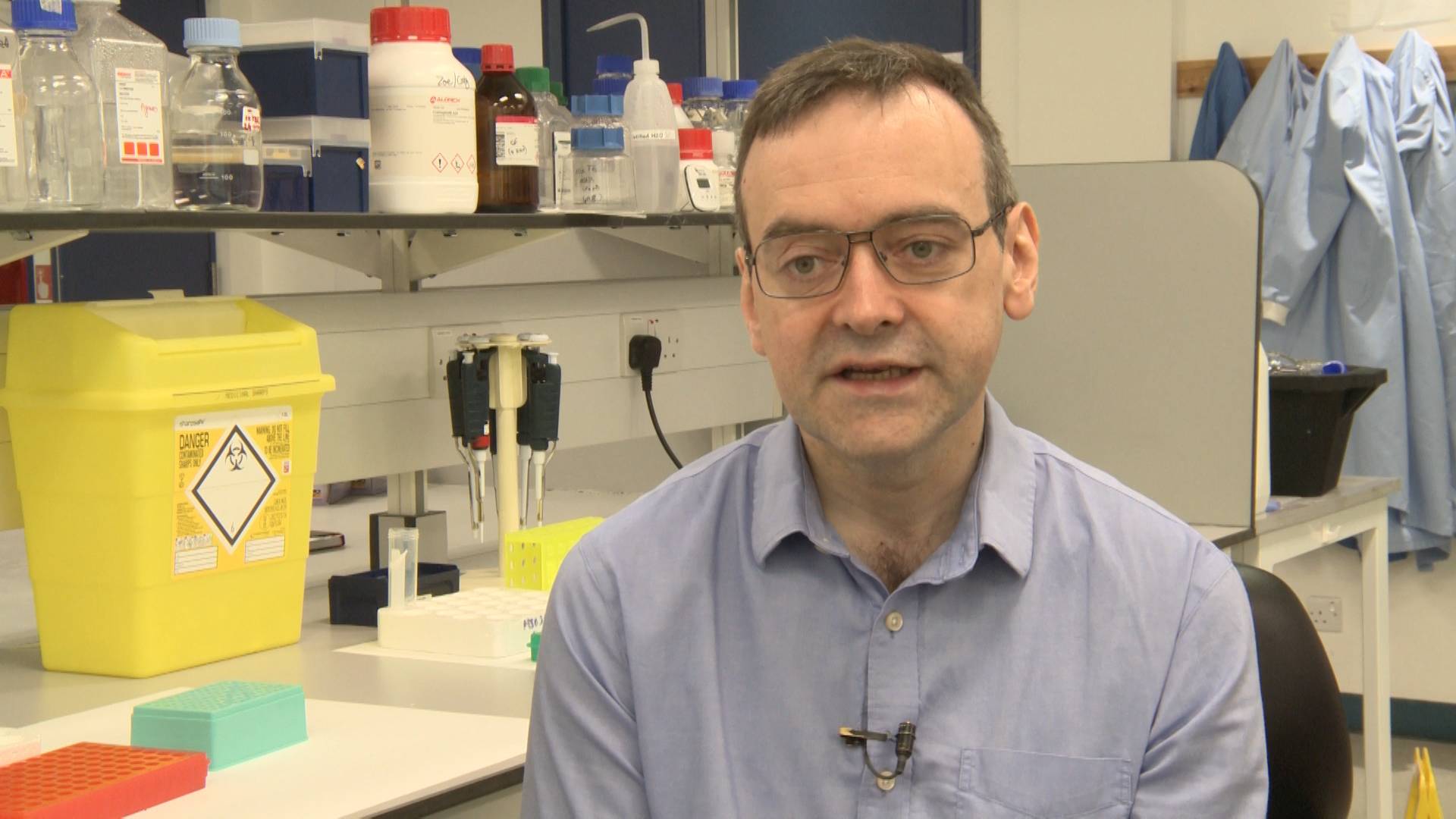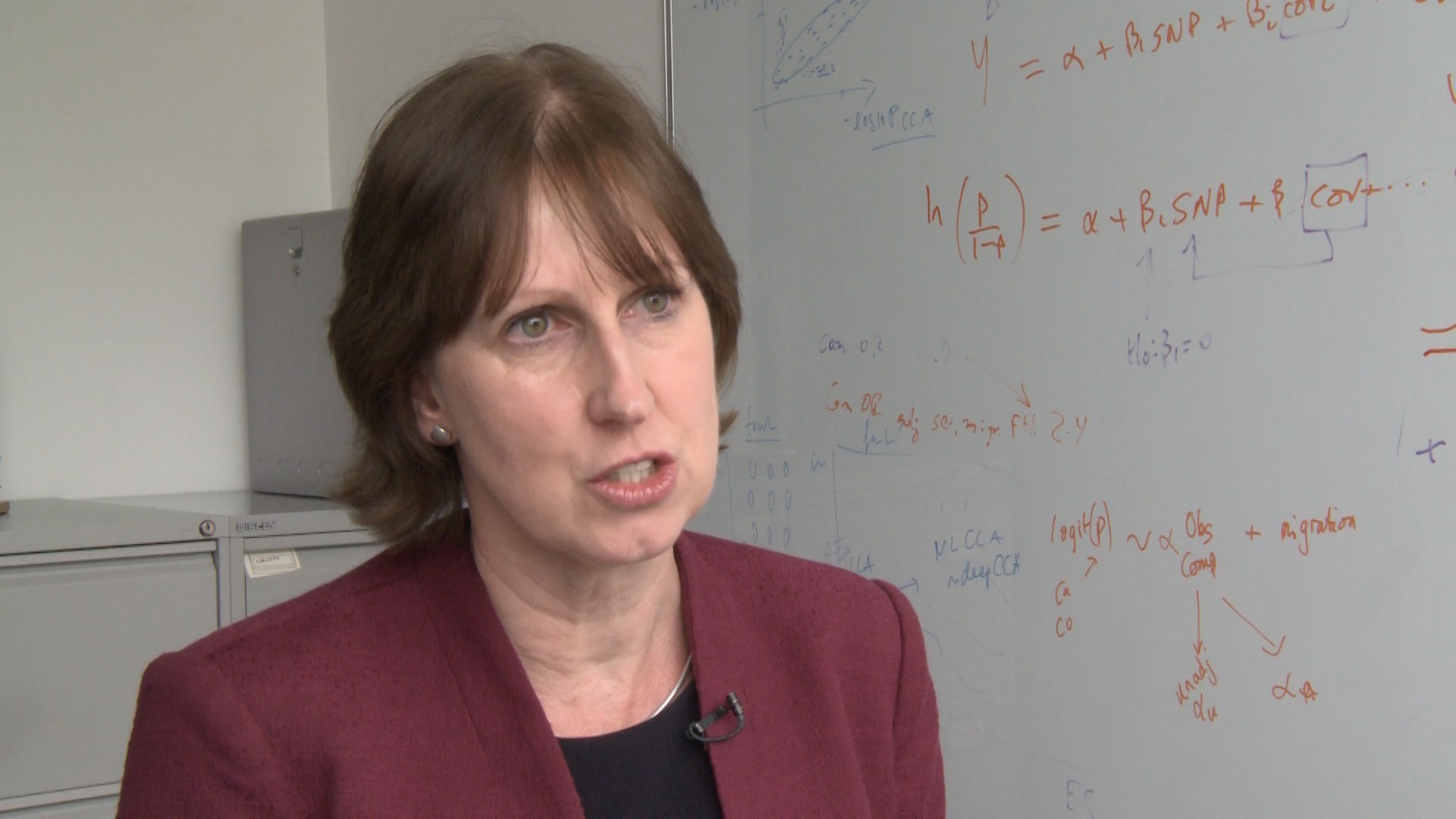
World
11:07, 21-Jun-2018
Depression risk 'gene map' study opens way for new treatments
Paul Barber

New groundbreaking research into the genetic variants that increase the risk of depression is giving hope to millions around the world with the potentially debilitating condition.
Using the data of hundreds of thousands of people in several countries, including the US, the UK, Iceland, and Denmark, the study by the Psychiatric Genomics Consortium found 44 genes linked to depression and is being hailed as a step towards developing a new generation of much more effective therapies.
Mark Brown first began experiencing mental health difficulties as a teenager – but he didn't seek medical help until he was around 20.

Mark Brown, Development Director, Social Spider. /CGTN Photo
Mark Brown, Development Director, Social Spider. /CGTN Photo
"At that point, I came from a place and came from a culture where we didn't talk about that stuff. And because we didn't talk about that stuff, there was low demand for services for that stuff," Mark told CGTN.
He was eventually diagnosed with bipolar depression, and now promotes new approaches to mental health issues through a social enterprise organization called Social Spider. He's seen the stigma around depression ease in recent years.
"The wider conversation has kind of made it easier in some respects to recognize that you might actually not be the only person in the world experiencing these things and also that you might not just a kind of broken machine, malfunctioning," he said.
Attitudes may be changing but Mark believes treatment for depression remains "hit or miss," a blunt tool. There have been no major advances for almost 30 years, and experts say antidepressant drugs and talking therapies are only effective in around half of patients.

Dr. Gerome Breen, Reader in Psychiatric Genetics, King's College London. /CGTN Photo
Dr. Gerome Breen, Reader in Psychiatric Genetics, King's College London. /CGTN Photo
But new landmark research could soon help change that.
Published in April, the study involved over 200 scientists and genetic data from 135,000 people reportedly with depression and nearly 350,000 healthy people across several countries. It has vastly expanded our knowledge of the genetic factors that increase the risk of depression.
One of the report's co-authors, Dr. Gerome Breen, a reader in Psychiatric Genetics at King's College London, told CGTN, "We identified 44 genetic associations for depression. That overall represented more than a doubling of what we know about the genetic associations for depression and represented a step change for the field."
He added that the findings could help spur the development of new types of treatment within a decade targeting different processes in the brain.
Cathryn Lewis, professor of Genetic Epidemiology & Statistics at King's College London, said genetic factors are only a part of the depression picture when determining new therapeutics.

Prof. Cathryn Lewis, Professor of Genetics Epidemiology & Statistics, King's College London. /CGTN Photo
Prof. Cathryn Lewis, Professor of Genetics Epidemiology & Statistics, King's College London. /CGTN Photo
"We can't change our genetics. Obviously that's fixed, that's what we're born with, that's what we inherit from our parents. But we can change our environment, and so by knowing what types of environment like having a safe and happy childhood are going to help us deal with depression, reduce the rates of people developing depression, that's where the research will be going in the future, how these two, genes and environment work together," said Professor Lewis.
British mental health research charity MQ has welcomed the findings and says they could help lead to an era of more tailored therapy.
MQ's Director of Research, Dr. Sophie Dix, told CGTN, "Imagine a scenario where you're asked about your family history to look at your genetic risk and asked around your lifestyle and sleep patterns, your stress levels and you start to identify someone who is at risk for depression or maybe even someone who has depression."

Dr. Sophie Dix, Research Director, MQ. /CGTN Photo
Dr. Sophie Dix, Research Director, MQ. /CGTN Photo
Mark Brown is optimistic about the new research but offers a word of caution.
"The age of personalized medicine is arriving, but whether it will arrive in mental health is another question, because ultimately whether a lot of things happen or not in mental health is not scientific, it's political and social. It's about whether the money and support is there to do that work. And historically it hasn't been," he told CGTN.
The World Health Organization says more than 300 million people worldwide are affected by depression but around half aren't receiving treatment. But with a movement building towards new and better ways to offer help, more people can hope to lead more mentally healthy lives.

SITEMAP
Copyright © 2018 CGTN. Beijing ICP prepared NO.16065310-3
Copyright © 2018 CGTN. Beijing ICP prepared NO.16065310-3